DJs and Performing Rights: Everything You Need to Know About Performance Royalties and DJing
How to help reduce the income disparity between DJs and producers.
Do you need to pay royalties when you DJ at a club? How do you submit a playlist? Producers, how can you get paid? These questions on DJs and performing rights answered and more.
DJs and Performing Rights
Aslice, an organization that helped redistribute earnings from DJs to producers, recently announced its closure. I reported on it in a series of updates, which you can read here. I was just as surprised as everyone else at the sudden closure but more than anything, the news made me realize just how little I knew about the whole ecosystem of performance royalties and how it relates to DJing. I figured there were probably a lot of people out there – both DJs and producers – who were similarly unaware of just how bad things have gotten.
DJs and Performing Rights: The System Is Broken
Essentially, the system is broken. DJs are making more and more money while producers get less and less. And, although the creators of the music that DJs play should be getting performance royalties, they often don’t – for a confusing array of reasons.
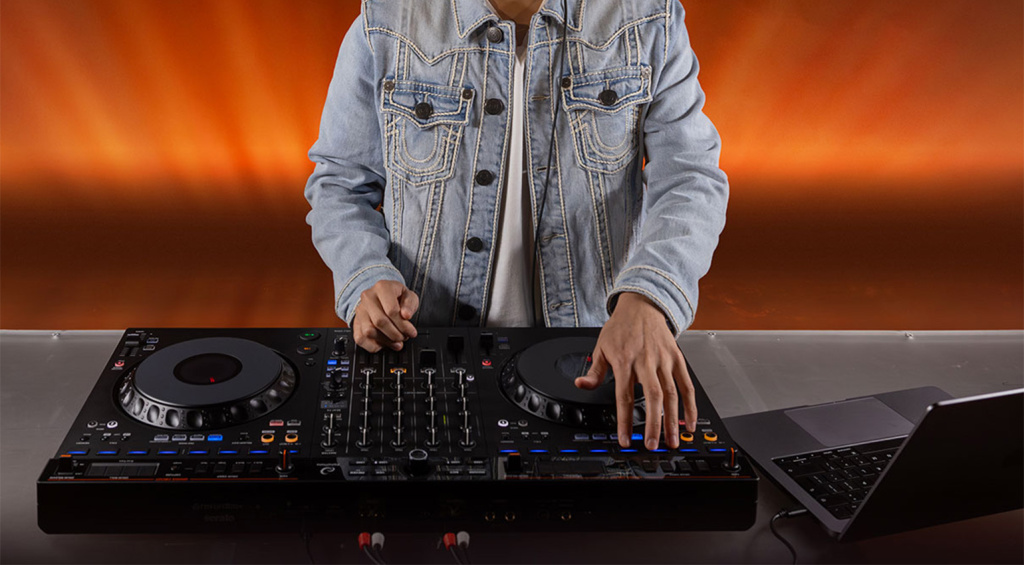
This is my attempt to unravel this complicated issue, help shine some light on a broken system and suggest a few ways that we can help rectify the situation. If you have any personal experience related to DJing and performance royalties, opinions, or just thoughts, let us know in the comments.
DJs and Performing Rights: What Are Performance Royalties?
According to music industry blog Soundcharts, there are two types of royalties associated with musical composition: mechanical royalties and performance royalties. Mechanical royalties are “paid for the right to reproduce a composition through the process of recording, manufacturing, and distributing the work.” Performance royalties, however, are more like they sound: they’re paid for the right to perform a composition in public.

Performance royalties are generated when a composition is performed live, played on the TV or radio, or streamed on a digital streaming platform like Spotify. (The latter also generates mechanical royalties but that’s outside of the scope of this piece.)
Venues pay yearly public performance licensing fees to Performing Rights Organizations, or PROs, such as BMI and ASCAP in the United States and PRS for Music in the UK. When a setlist is reported to a PRO tagged with a certain venue, a portion of that venue’s licensing fees are used to pay the rights holders of the compositions played.
DJs and Performing Rights: Why the System Isn’t Working
“Without music, there’s no DJ.”
Richie Hawtin said this in an impassioned and emotional video post to Instagram after learning of the closure of Aslice.
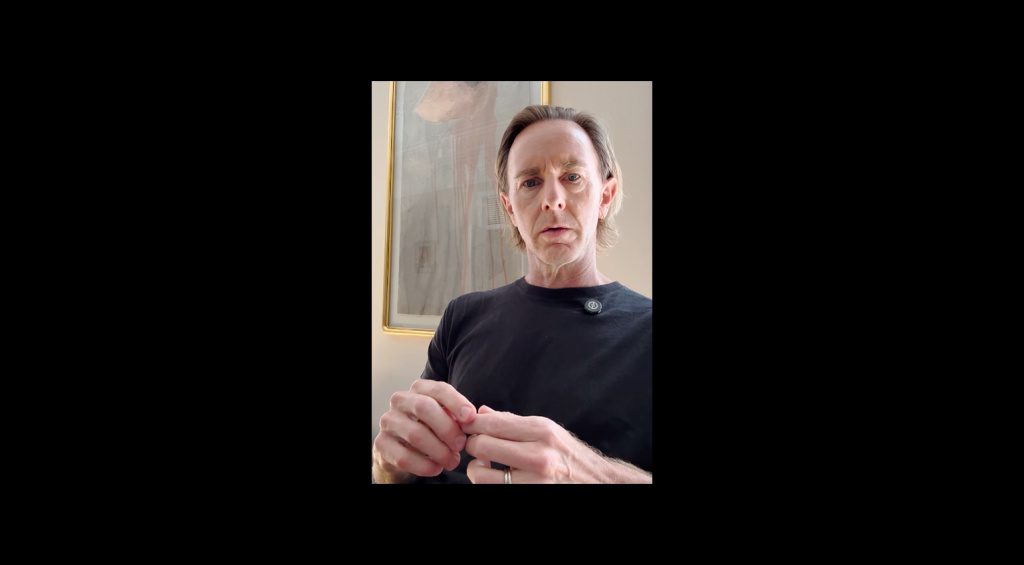
“For those not involved in the music business,” he continued, “let’s just say that the systems that exist for the normal music industry do not work for DJ culture, where the DJ uses other people’s music in their shows and walks away with a fee while the musicians receive next to nothing.”
As Hawtin notes, the performance royalty system generally works well for traditional (non-DJ) music performances. Bands tend to play their own material live with setlists that don’t vary too much from show to show. After a gig, the band (or their manager) will report the set to their PRO, who then sends them royalties taken from the venue’s licensing fees for the public performance. If they have any covers in the set, the copyright owner of the covered song gets the money instead.
This doesn’t work for DJs. DJs get fees for playing but don’t report their sets so the PROs have to make a guess as to where to send the money. They do this in a variety of ways, such as via automatically generated setlists (more on this later) or by PRO staff actually visiting clubs and taking representative samples. You can see why this might not be a comprehensive solution given the sheer variety of dance music played on any night throughout the world.
Even when things do go according to the system, because of fees and other costs, the amount that ends up allotted to producers is very small indeed. We’re talking pennies per play sometimes.
DJs and Performing Rights: Loss of Physical Sales
If this is always how Performing Rights Organizations have collected data for DJ-played music, why are we only hearing about this now? Because the distribution of money in the world of dance music used to be much more equal.
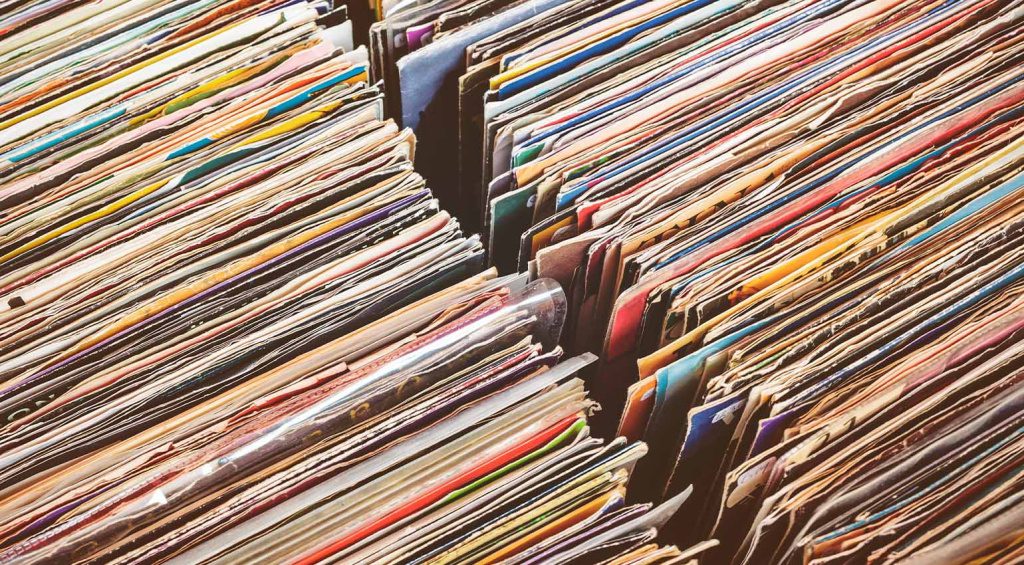
According to Richie Hawtin in his video, a few decades ago, producers could actually live off making music. For example, you could sell 25-50,000 copies of a vinyl single. Dave Clarke echoed this in his own Facebook post reflecting on the end of Aslice. “In the old days, you could sell 15K copies of vinyl in a week or two relatively easily. Making a living from sales was feasible.” And, as Hawtin also mentioned, DJs were paid much less, balancing out the equation.
However, due to the loss of physical media and the rise of digital distribution and streaming, mechanical royalties for music have dropped off considerably. Whether a DJ is streaming live (not likely) or downloading to use later, they’re still streaming and not buying tracks.
DJs and Performing Rights: Financially Unsustainable
According to a report issued by Aslice upon closing, 82% of producers earned less than $500 in the past year from releasing music. They also claim that over 75% of artists consider their careers financially unsustainable.
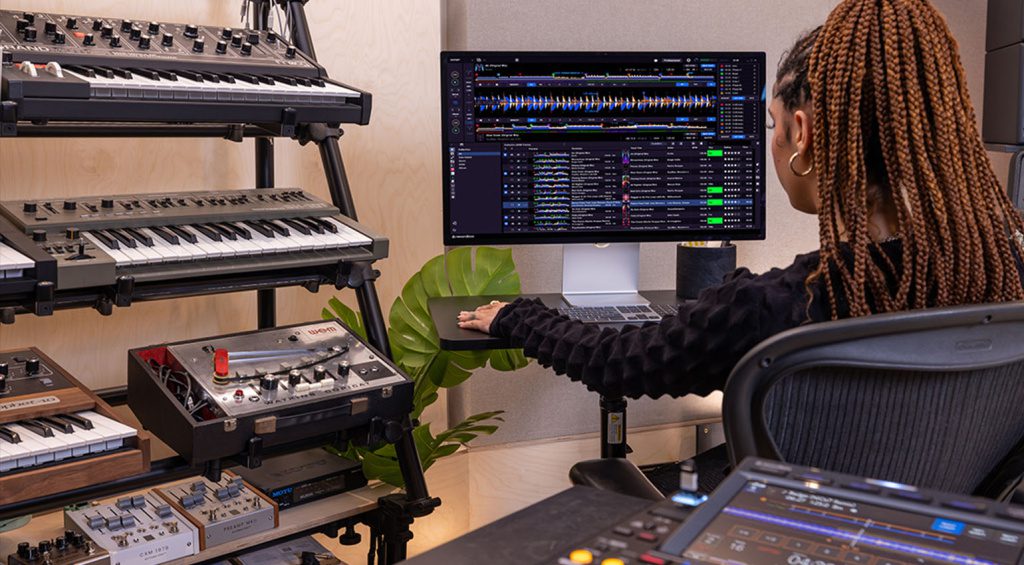
Additionally, a significant portion of the sets of many top-paid DJs consists of promos. “Top-tier DJs earning $1,000+ per gig have 37% of their sets comprising free promotional tracks,” the Aslice report states. “This contrasts with mid-level DJs (12% promos) and entry-level DJs (6% promos).”
This is what Hawtin meant when he said, “Without music, there’s no DJ.” The DJs may get the high fees but without fair – or indeed even any – compensation for producers, there won’t be anyone left making music for the DJs to play.
DJs and Performing Rights: What Aslice Was Trying to Do
This is why what Aslice was doing was so important. I won’t go into too much detail about Aslice’s mission (you can read about that on their home page) but in general, the organization provided an alternative payment system for producers funded by DJs. DJs would submit their playlists to Aslice along with a tax-deductible donation of some amount, from which Aslice would distribute royalties to the producers on the list.
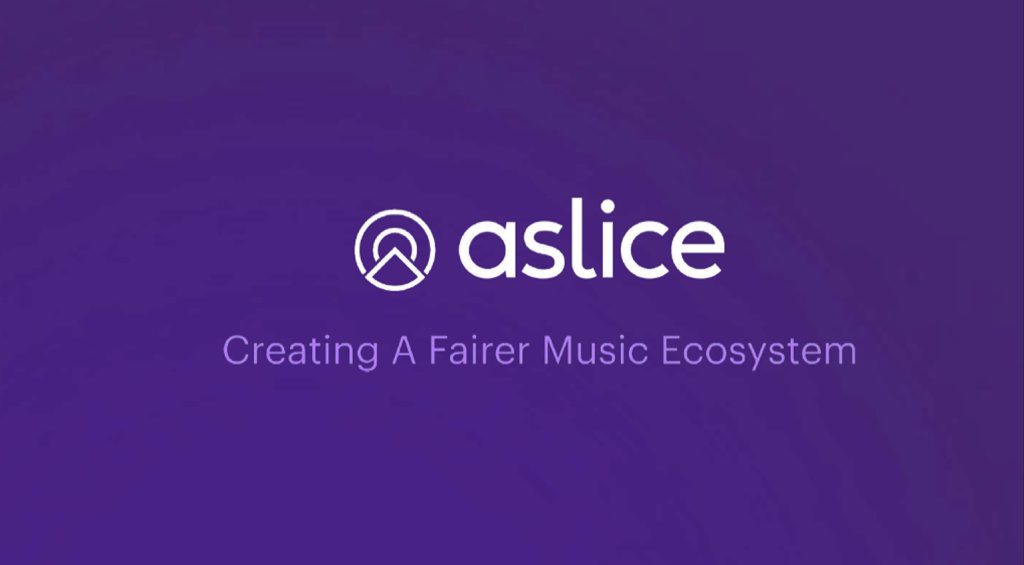
According to Aslice, 29% of producers earned money for production for the first time through Aslice and 60% of producers reported that their Aslice earnings exceeded income from other sources.
When seen in this light, the closure of Aslice will represent a serious loss in revenue for many producers.
DJs and Performing Rights: What Can You Do?
It’s clear that the current performing rights royalties system is not sustainable for dance music producers. However, until the system gets an industry-wide overhaul, the best thing you can do as a producer is to register with a Performing Rights Organization. This way, the PROs will know that you exist. There may even be money waiting for you right now.
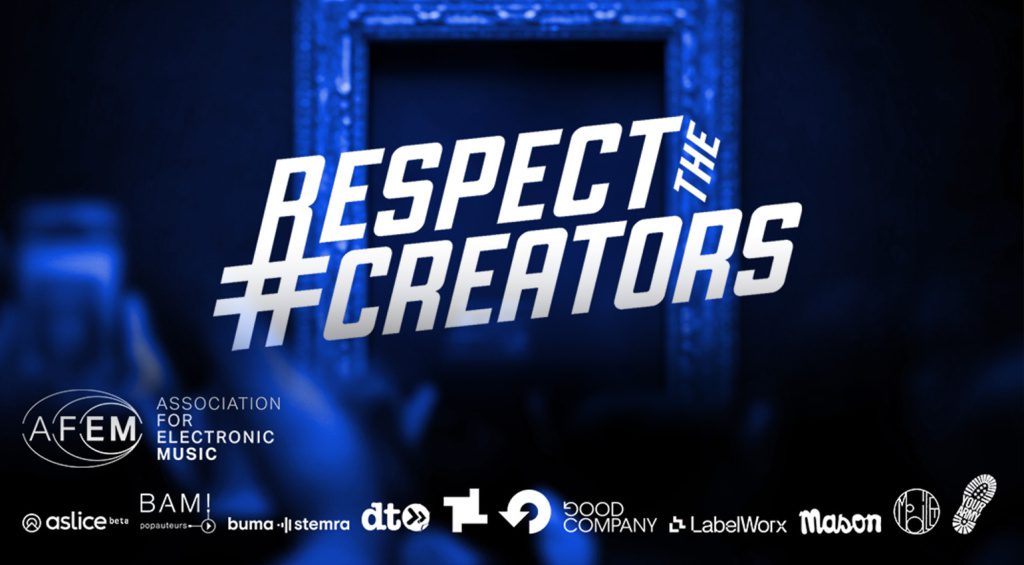
If you’re a DJ, you need to be submitting setlists to PROs. According to Aslice, 70% of DJs who used the service did not engage with traditional performing rights organizations. To submit, go to the website of a PRO in the country where the gig took place (links below). There will be a link to submit setlists. You may not even have to register.
DJs should also participate in the Association For Electronic Music’s #RespectTheCreators campaign. AFEM is asking DJs, sites, and promoters to do three things:
- DJs, when you post a video of a gig or mix, tag the artists and list the full names of the tracks in a visible part of the post.
- Online platforms should also include track lists for all sets visible below the audio or video.
- Promoters, credit the music in your promotional material for events.
“With the recent closure of Aslice,” says AFEM in its Instagram post about the campaign, “the role of producers is rightly back in sharp focus and we want to campaign for increased awareness, credit, and remuneration for #electronicmusic creators everywhere. This campaign is just the start.”
There is some good news. Although DJs should always properly report setlists to ensure that PROs know which producers to send royalties to, automatic Music Recognition Technology is finding its way into more and more large venues. This software sits inside the DJ gear itself and uses metadata to generate setlists, which it then sends automatically to PROs.
I have hope that the system will eventually change so that producers are more fairly compensated. It will probably never be perfect but it can certainly be better than it is now.
More Information
One response to “DJs and Performing Rights: Everything You Need to Know About Performance Royalties and DJing”


 5,0 / 5,0 |
5,0 / 5,0 | 




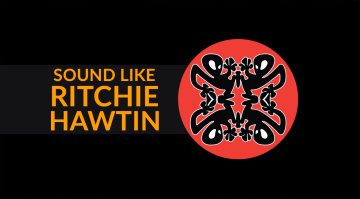
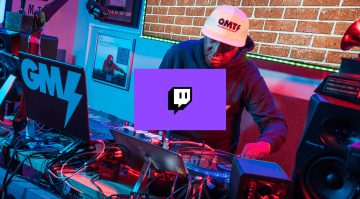
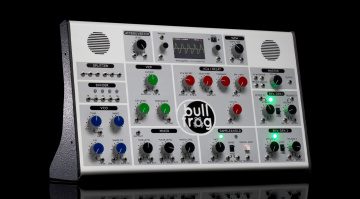
Total nonsense from start to finish.